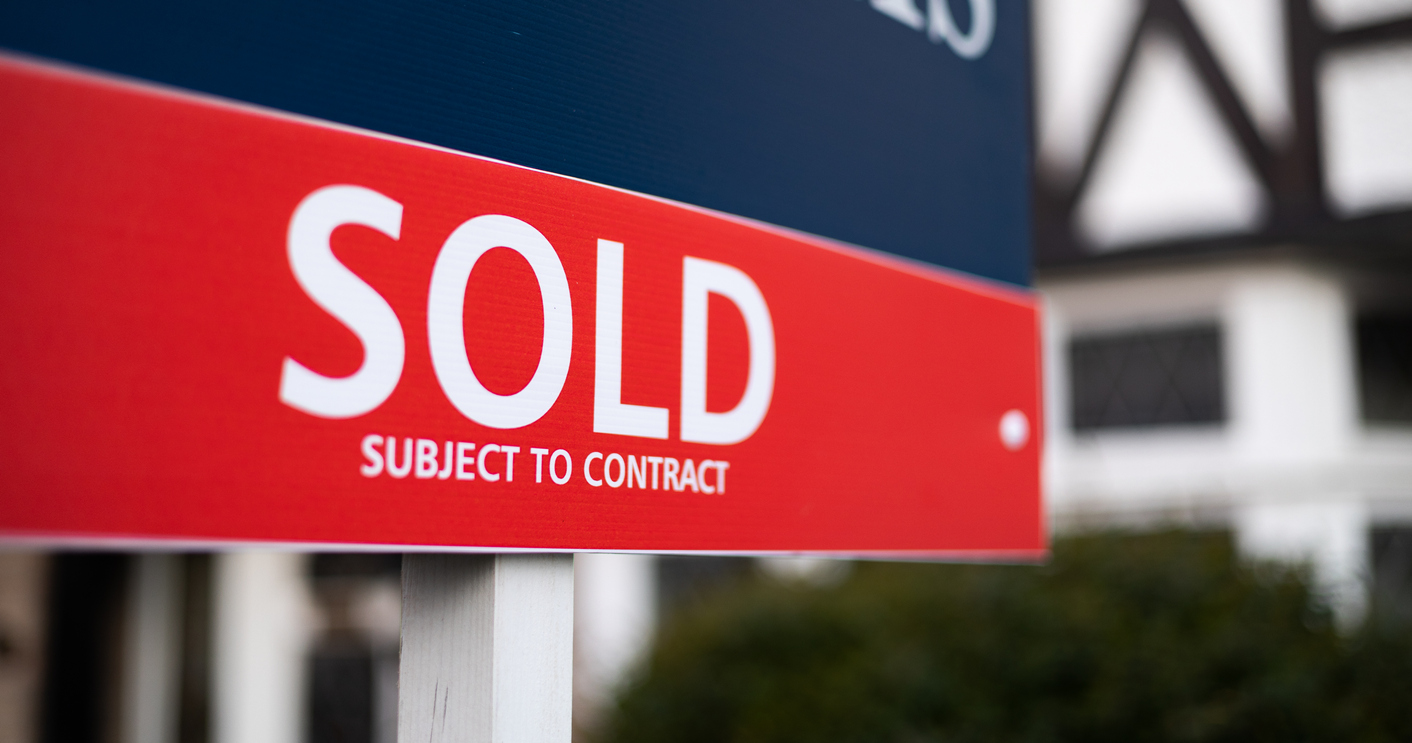When clients visit the Move Home Faster website, it's often because they are seeking a fast conveyancing service. Whilst online conveyancing can often be a faster and more efficient way to do things, the conveyancing process can be quite a complex one, so there are multiple reasons why your fast conveyancing process could be held up.
We explore what the conveyancing process involves and the 3 most common delays.

The conveyancing process in general can vary greatly in how long it takes to complete. Some of the variables involved include how straightforward the property transaction is, how efficient all of the conveyancing solicitors are and even how long it takes local authorities to return searches, which can vary greatly from region to region.
As many of our customers are keen to speed up the process, we've previously talked about whether it's Possible To Fast Track Your Home Conveyancing, and whilst there are certain steps that all involved parties can take to speed things up, there's no guarantee that the process will be completed as swiftly as you might hope.
By highlighting some of the things that can cause delays in an otherwise fast conveyancing process, you may be able to take steps, where possible, to mitigate the chances of delays occurring.
1. Slow to respond conveyancing solicitors
Assuming you’ve instructed them as quickly as possible, perhaps they are extremely busy due to you moving in peak season or just not that efficient. Whatever the reason, you're going to want to choose a conveyancing solicitor that is on the ball.
Look for good independent reviews, get recommendations from friends, family and colleagues and before you instruct them, ask questions to help you get a feel for how responsive they are.
If you feel like your solicitor isn't responding in a timely manner to emails, then don't be afraid to follow up with a phone call but do remember that they will have countless other clients they'll be dealing with at any one time!
2. Size of chain
The size of your chain can have a big impact on how fast your own conveyancing process is as some steps will be dependent on other parties in the chain. This is largely out of your control, hence smaller chains being a much more attractive option all around, and much more likely to see conveyancing progress quickly and smoothly.
3. Slow searches
Depending on the nature of the property involved and its location, searches could be one of the most challenging aspects of the process to navigate.
From flood reports to environmental searches, gathering the necessary information can take time. Consider too that local authority searches can vary dramatically in how long they will take.
In September 2021, comparison service Compare My Move conducted research that looked into the average length of time it took local authorities to return searches, revealing some huge differences.
For example, it found that Plymouth City Council took an average of 36 days to complete a local land search, compared to a rapid 24-hour turnaround by the likes of North Devon Council, City of York Council and others.
Whilst frustrating, the time it takes for all searches to be returned is generally beyond the control of your conveyancing solicitor, so it might be worth looking at published data for the area you're buying in, so you'll understand from the outset how long this part of the conveying process might take.
To find out more about searches, these are all of the key conveyancing searches every buyer should know about.
Move Home Faster provides a fixed-fee conveyancing service that starts at just £295+VAT. You can get a fast conveyancing quote here or you can read more about how online conveyancing works here.

